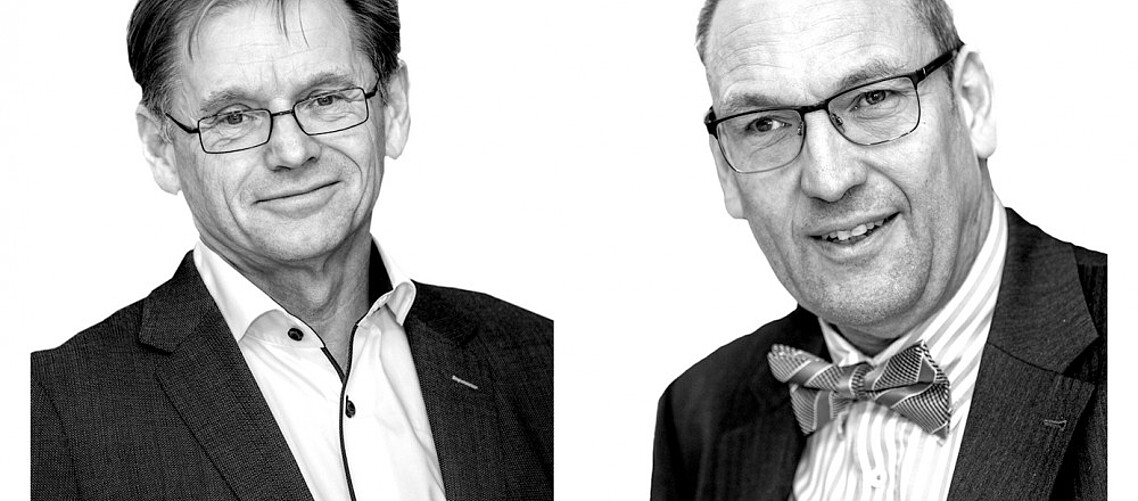At present, social enterprises are a small but rapidly growing sector in the economy. In the Netherlands alone, such organisations now represent €476 million of turnover and employ 11,000 people. Between 2013 and 2015, they experienced a 24 per cent increase in revenue and a 36 per cent rise in employment, according to the 2015 Social Enterprise Monitor published by SocialEnterpriseNL.
This is not even under especially advantageous conditions. In the United States and the United Kingdom, two markets where the tax regime offers advantages to social enterprises, such businesses are growing even faster, according to Rob van Tulder, professor in international business-society management at RSM.
Whether social entrepreneurs launch their companies as standalone organisations or as part of a partnership that pools the resources of public, private, profit and non-profit institutions, the social entrepreneur’s strategy involves bringing all of society’s resources to bear to solve a social or environmental problem, says Prof. van Tulder.
Like conventional companies, social enterprises try to be profitable – not for the founders to get rich quick, but because profit is the only way to stay in business indefinitely without relying on a subsidy. ‘Only profitable social enterprises can have a long-term, sustainable impact on society,’ Prof. van Tulder explains.
Social enterprises differ from traditional philanthropy not in their aims, but in their organisation. ‘Most philanthropic organisations linked to companies are not linked to their core business,’ he says. ‘Social enterprises do the opposite: they aim at societal impact through their value proposition, organisation, and products and services they offer.’
Three factors
Lucas Meijs, professor of volunteering, civil society and businesses, and professor of strategic philanthropy at RSM, argues that three factors distinguish the truly social enterprise: who gets the profits, who makes the decisions, and how personally connected stakeholders feel to its success.
‘What I think defines a social enterprise is not the profits as such but how the profit is spread around,’ Prof. Meijs says. ‘We like Uber as a kind of new social enterprise in the sharing economy until we find out that the profit only goes to California. If the profit were divided more equally between the once-in-a-while taxi drivers and Uber, then we’d accept it as a kind of social enterprise. Once we find the profit ends up in Silicon Valley, however, then the whole lingo of the sharing economy and all the blah, blah, blah of the social enterprise is gone.’
The structure of the organisation is a third consideration, in Prof. Meijs’ view. ‘As soon as a traditional organisational structure leads to a kind of ownership which is very centralised, with economic ownership in one shareholder, it works as long as it’s a benevolent shareholder – but what happens if the company is sold?’ he asks. It took Ben & Jerry’s, the American ice-cream company, several years to recover its reputation after its sale to Unilever, Prof. Meijs points out – and that was mostly because Unilever really started caring about its social and sustainable actions.
A final distinguishing factor: the number of people who are passionate about the enterprise. ‘Really, what sets the social enterprise apart from many companies is that so many people are emotionally attached to the organisation,’ he says.
This means that communication is a key part of social entrepreneurship. ‘You really need to understand that many of your supporters will feel emotional ownership in the enterprise. As the organiser of the community, you also need to talk to them, as a dialogue. You cannot afford just to send them messages,’ Prof. Meijs advises. ‘If you see them just as customers, you’re lost.’
Social partnerships also demand special efforts at communication. Prof. van Tulder notes that governments and non-profit entities sometimes have a hard time moving beyond their traditional roles. In the Netherlands, for instance, the Dutch government has difficulty acting as a true partner rather than simply as a subsidy provider, and non-profits have a hard time seeing the government as more than a chequebook. ‘Both sides need to invest in each other,’ he says.
In the Part-time Master Bedrijfskunde, the part-time Dutch-language management education programme at RSM, one key insight that students learn is to recognise that business and society aren’t enemies. ‘Companies and society are not opposed to each other,’ says Klaas Wassens, the executive director of the programme. ‘Companies are part of society.’
Biog panel:
Rob van Tulder is professor in international business-society management, academic director of the Partnerships Resource Centre and founder of the department of business-society management at RSM. Email: rtulder@rsm.nl
Lucas Meijs is professor of volunteering, civil society and businesses, and professor of strategic philanthropy at RSM. Email: lmeys@rsm.nl
